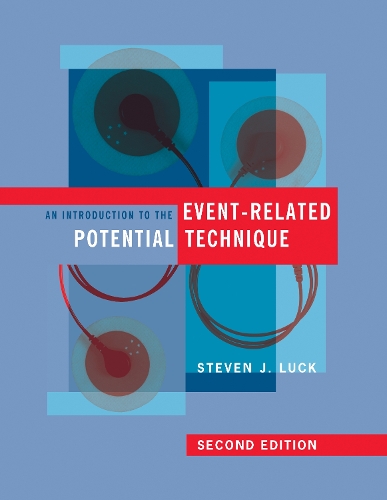
An Introduction to the Event-Related Potential Technique
(Paperback, second edition)
Publishing Details
An Introduction to the Event-Related Potential Technique
By (Author) Steven J. Luck
MIT Press Ltd
MIT Press
30th May 2014
second edition
United States
Classifications
Professional and Scholarly
Non Fiction
Medical imaging: tomography
616.8047547
Physical Properties
Paperback
416
Width 178mm, Height 229mm, Spine 17mm
Description
An essential guide to designing, conducting, and analyzing event-related potential (ERP) experiments, completely updated for this edition.The event-related potential (ERP) technique, in which neural responses to specific events are extracted from the EEG, provides a powerful noninvasive tool for exploring the human brain. This volume describes practical methods for ERP research along with the underlying theoretical rationale. It offers researchers and students an essential guide to designing, conducting, and analyzing ERP experiments. This second edition has been completely updated, with additional material, new chapters, and more accessible explanations. Freely available supplementary material, including several online-only chapters, offer expanded or advanced treatment of selected topics. The first half of the book presents essential background information, describing the origins of ERPs, the nature of ERP components, and the design of ERP experiments. The second half of the book offers a detailed treatment of the main steps involved in conducting ERP experiments, covering such topics as recording the EEG, filtering the EEG and ERP waveforms, and quantifying amplitudes and latencies. Throughout, the emphasis is on rigorous experimental design and relatively simple analyses. New material in the second edition includes entire chapters devoted to components, artifacts, measuring amplitudes and latencies, and statistical analysis; updated coverage of recording technologies; concrete examples of experimental design; and many more figures. Online chapters cover such topics as overlap, localization, writing and reviewing ERP papers, and setting up and running an ERP lab.
Author Bio
Steven J. Luck is Professor of Psychology and Director of the Center for Mind and Brain at the University of California, Davis. A leading authority on ERP research, he leads ERP Boot Camps that provide ERP training to researchers from around the world.
